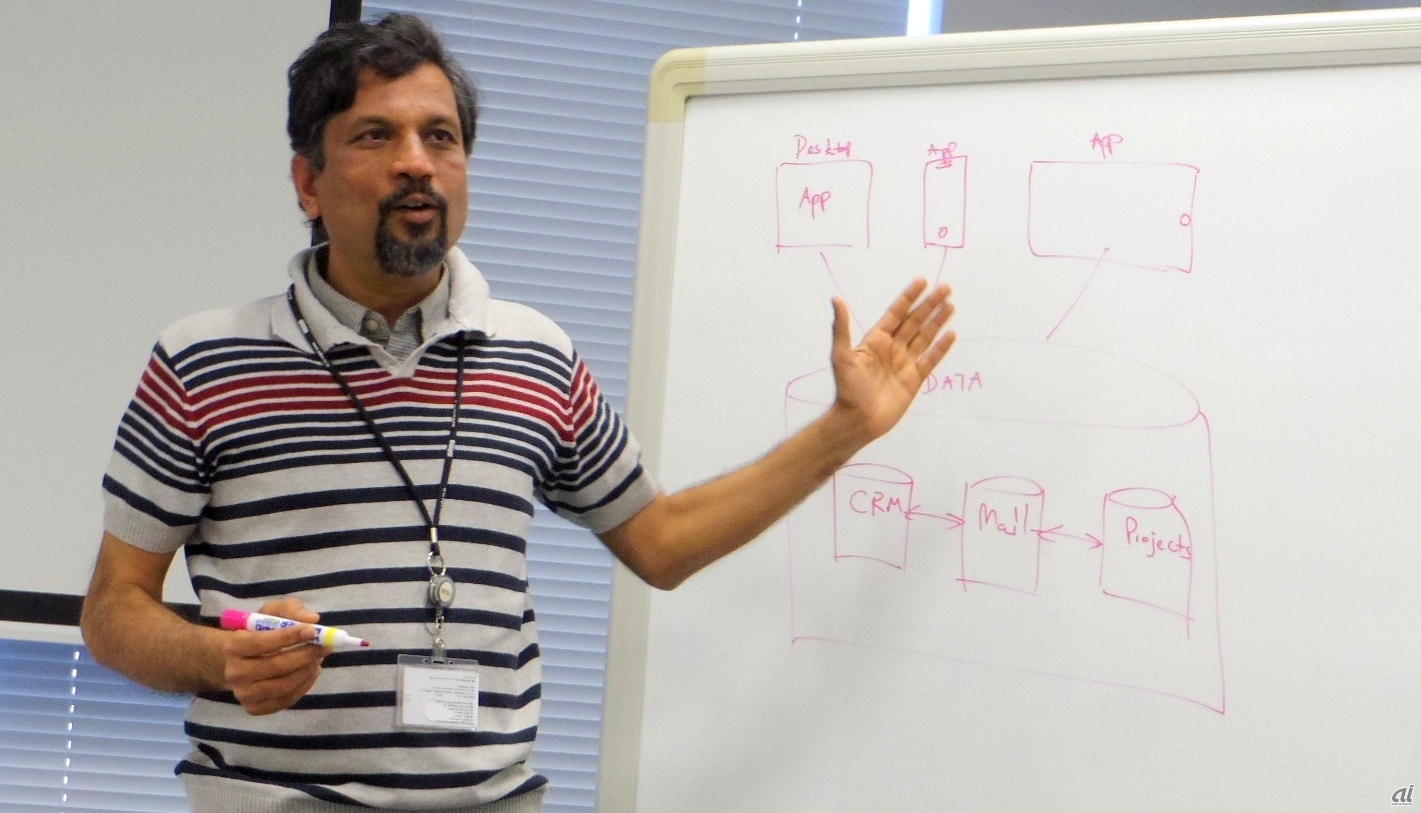Mumbai: Axis Bank Ltd will buy a 13.67% stake in Asset Care and Reconstruction Enterprise Ltd (ACRE) paying Rs22.72 crore, the private sector lender said in a stock exchange notice.
Axis Bank is buying the stake from IFCI Ltd, which is partly divesting its 19.34% stake in the asset reconstruction company.
IFCI has been exiting some of its non-core assets to raise capital.
In July, the international lender had sold a 0.5% stake in National Stock Exchange of India Ltd for Rs89 crore. This was the fourth such sale that IFCI had done in the stock exchange, where it presently holds 3.05%
In September 2014, Hong Kong-based stressed asset fund SSG Capital Management (Singapore) Pte Ltd had bought a 49% stake in ACRE. The other large shareholder in the ARC is Punjab National Bank (PNB), which owned 15.3% in it. Tourism Finance Corporation of India, Bank of Baroda, United Bank of India and Madhya Pradesh Consultancy are among the remaining shareholders.
Life Insurance Corporation (LIC) of India, one of the promoters of Axis Bank, also owns a 2.8% shares in the asset reconstruction company (ARC), the lender said in a disclosure to the stock exchanges.
At the end of March, ACRE had total assets under management of Rs 336 crore.
The deal would be subject to regulatory clearance by the Reserve Bank of India (RBI) and is likely to be completed by January 2017.
With this investment, Axis Bank has become the second private sector bank to enter the ARC business in recent times.
In August, India’s largest private bank, ICICI Bank said it is looking at opening an ARC with Apollo India Credit Opportunity Management LLC and AION Capital Management Ltd.
On 21 July, State Bank of India and Brookfield Asset Management Inc. said they will launch a joint venture to invest in stressed assets.
Owing to the increase in bad debt burden on the Indian banking system, stress resolution systems such as ARCs are high in demand. Typically, an ARC would buy a bad loan from a bank for a fixed price and would work exclusively on recovering the loan.
However, a lack of capital has meant that bad loan purchases by ARCs fell to Rs 19,700 crore in the last fiscal compared to Rs 40,000 crore a year ago, a report by global consultancy firm EY said in July.
At the end of June, Indian banks were sitting on Rs.6.3 trillion of bad loans—the legacy of an economic downturn, coupled with regulatory delays and difficulties in completing a land acquisition that stranded many ambitious industrial projects and made it difficult for their promoters to repay debt.
Recent Articles on M&A
Source: Mint




